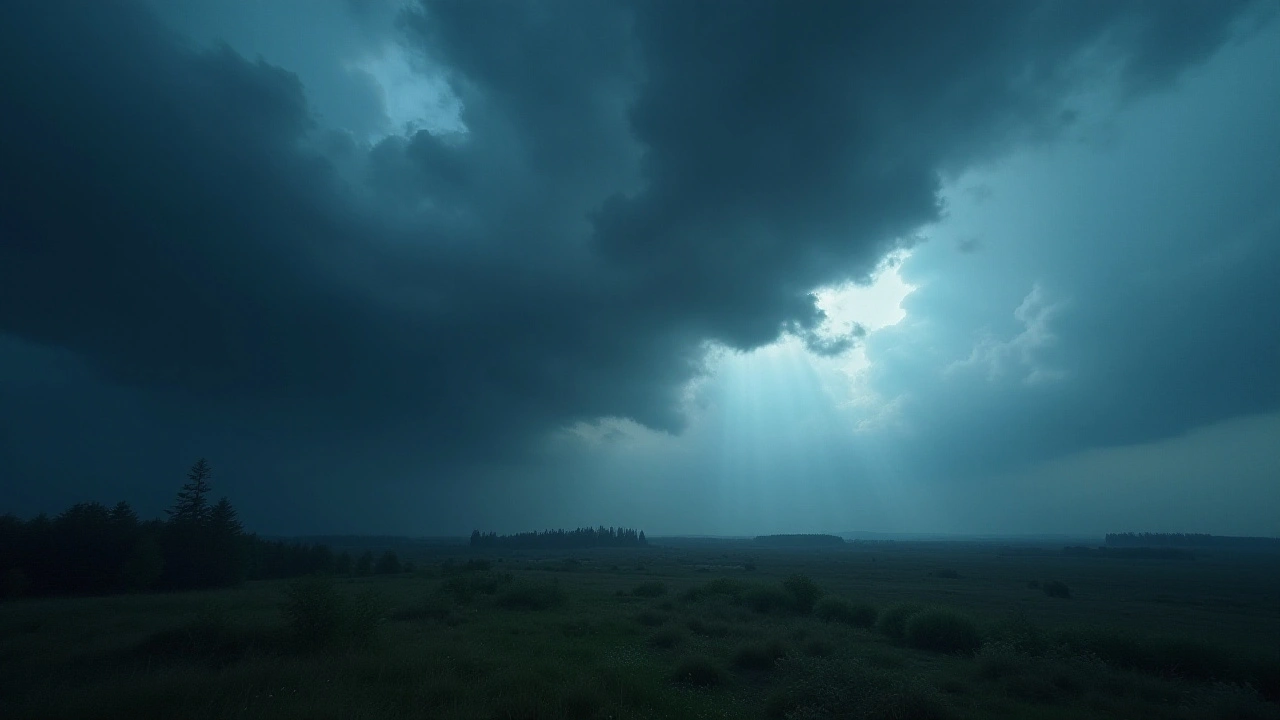Earthquake: Latest News, Alerts and Practical Safety Tips
If you live in or follow events across Africa, this tag brings you the latest earthquake reports, verified alerts, and practical advice. We collect fast updates on tremors, aftershocks, and official warnings — and we explain what those updates mean for you on the ground.
How we cover earthquakes
We pull data from credible monitoring groups (like USGS and EMSC) and combine that with local reports from authorities and on-the-ground sources. When a quake hits, you’ll find: the magnitude, the affected area, eyewitness accounts, power and damage reports when available, and whether local services have issued warnings. We aim to share facts fast and correct errors as new info arrives.
Follow this tag if you want rolling coverage of seismic events across African countries. We’ll note aftershocks, road or bridge closures, and official advice so you don’t have to chase multiple sites. If you’re near the event, check local emergency services first — then look here for context and updates.
Quick safety checklist
Know one simple rule: stay calm and protect yourself first. Here are clear steps you can use before, during, and after a quake.
Before a quake: prepare a small emergency kit — water (3 days), non-perishable food, a torch, batteries, first-aid kit, essential meds, copies of ID, and a phone power bank. Fasten heavy shelves and secure tall furniture to walls. Pick two safe spots in each room (a sturdy table or an interior corner) and practice a family plan so everyone knows what to do.
During a quake: drop, cover, and hold on. Drop to your hands and knees, take cover under a sturdy table or against an interior wall, and hold on until shaking stops. If you're outside, move to an open area away from buildings, power lines, and trees. If you're driving, pull over safely and stay in the car until it’s safe to move.
After a quake: expect aftershocks and stay alert. Check yourself and others for injuries, turn off gas if you smell a leak, and avoid using matches or lighters. Use text messages to communicate if phone lines are busy. Follow official updates from local authorities and emergency services — they’ll advise on evacuations or shelter locations.
Want real-time alerts? Turn on browser or app notifications for this tag, follow local emergency channels, and consider installing official alert apps from your country’s disaster agency. We’ll link to reliable sources in each post so you can confirm safety notices quickly.
This tag is for quick updates and practical help. We won’t overload you with technical jargon — just clear facts, safety steps, and links to trusted sources so you can act fast when it matters.
